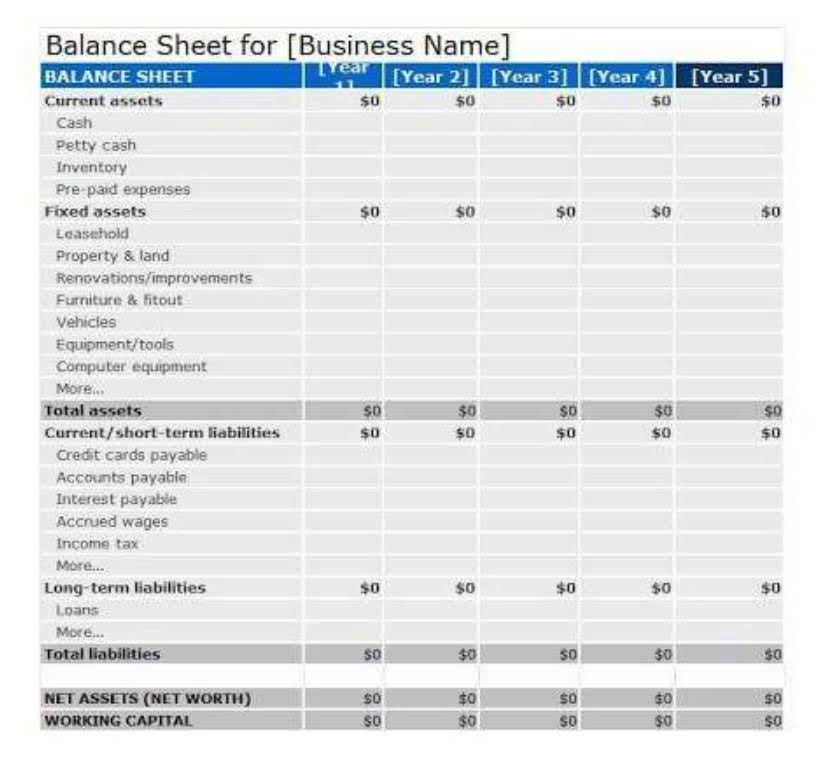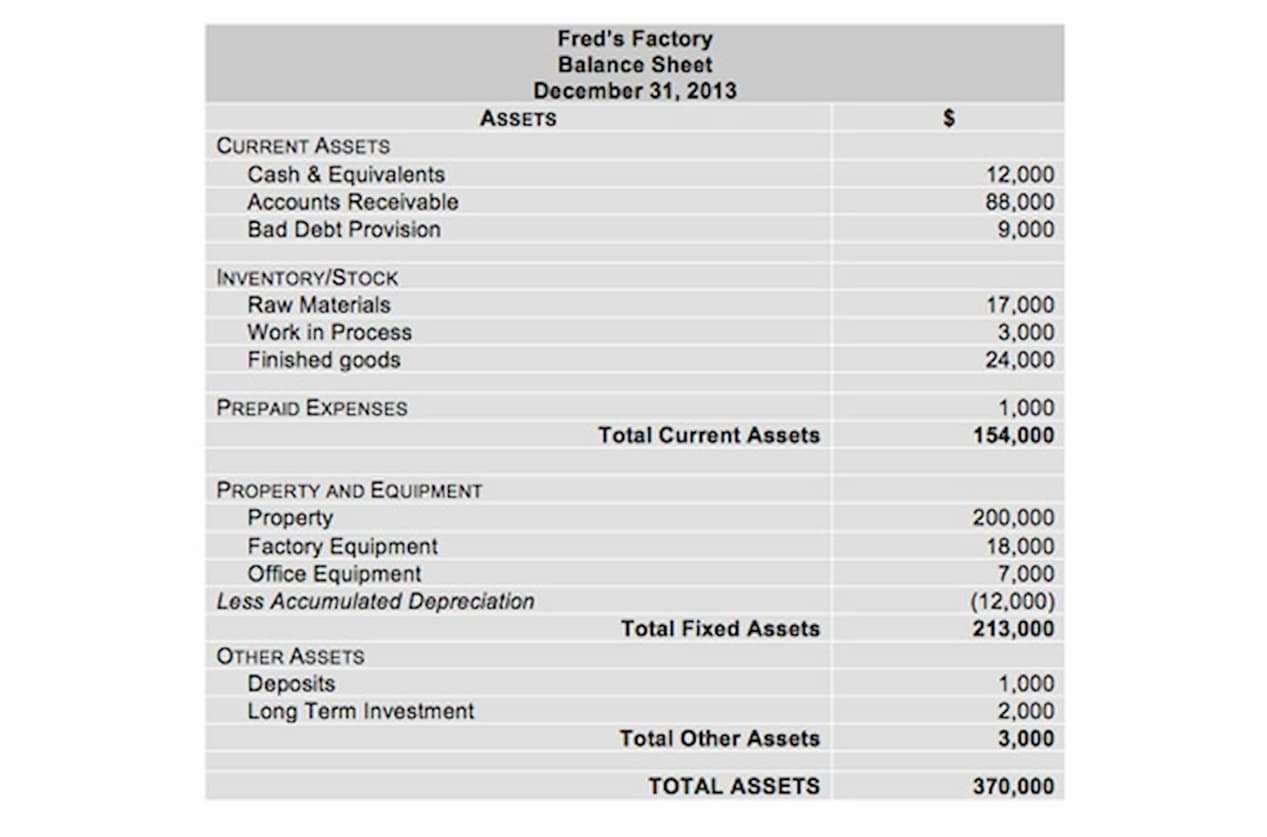Types of Accounting Financial, Cost & Management Accounting

Cost accounting helps businesses make decisions to reduce costs, increase profits, and boost efficiency. Financial accounting is probably the most common context for internal audits. In some cases, if the company’s leadership suspects financial wrongdoing, they might bring in a forensic accountant for an internal audit. We recommend regular internal audits to ensure your company’s finances are in order. It’s debatable whether auditing should be considered one of the types of accounting.
Self-employment tax

Partnerships can be relatively simple, often requiring a partnership agreement outlining roles, responsibilities, and profit distributions. Double taxation is avoided because profits pass directly to the partners’ personal tax returns. This structure is well-suited for professionals or family members who combine resources or complementary skill sets and want to share decision-making and operational duties. Forensic accounting involves court and litigation cases, fraud investigation, claims and dispute resolution, and other areas that involve legal matters.

HighRadius Named an IDC MarketScape Leader for the Second Time in a Row For AR
- Managerial accountants also analyze financial records to make predictions in various contexts such as operations, logistics and risk.
- Auditing helps build trust with stakeholders, identifies potential financial discrepancies, and ensures that a company’s practices meet legal requirements.
- Accounting is often called the language of business, essential for individuals and organizations to gauge their financial health.
- Understanding these types will not only help you appreciate the breadth of the accounting field but also guide you in choosing the right type of accounting for your business needs.
- Marginal cost accounting refers to the increase or decrease in the cost of producing one more unit or serving one more customer.
- Unlike traditional credit cards, charge cards require full payment each billing cycle but often feature no preset spending limit, which is part of their appeal.
Refer to Business structures to find out which returns you must file based on the business entity established. A non-profit entity is structured to serve a social, educational, charitable, or religious mission rather than generate profits for private owners. Unlike benefit corporations, which aim to generate profits while also benefiting society and the CARES Act environment, non-profits reinvest all revenues into their mission. Often organized as non-profit corporations, they can be eligible for tax-exempt status if they meet specific criteria under the Internal Revenue Code (e.g., 501(c)(3) in the United States). While directors and officers usually benefit from limited liability, non-profits are subject to strict regulations regarding how funds are used, reported, and distributed. Any revenues must be reinvested in the organization’s mission rather than distributed to individuals.
Careers and salaries

As well as financial analysis, reviewing past business decisions and more. A public accountant has the opportunity to work with a variety of clients and different types of businesses, which can be interesting and challenging. The work of a forensic accountant is interesting and challenging, and it can make a difference in the world. Forensic accounting is a growing and high-demand field because of the rise in fraud and increasing financial regulations. The first step to becoming an accounting information systems professional is to earn a accounting definition bachelor’s degree.
Legal
Financial accounting focuses on the financial statements prepared for external users, such as shareholders and creditors. The goal is to provide accurate and timely information that will help these individuals make informed decisions about the company. Tax accounting ensures companies are tax compliant and focus on company taxes. Financial accounting focuses on preparing financial statements and tracking financial transactions. Cost accounting manages company spending by focusing on cost records and reports.
By clicking “See Rippling,” you agree to the use of your data in accordance with Rippling’s Privacy Notice, including for marketing purposes. This blog is based on information available to Rippling as of October 14, 2024. Financial accounting is performed with potential lenders and investors in mind, as well as GAAP. But they are also well versed in International Financial Reporting Standards (IFRS).
Understanding various accounting methods helps maintain compliance with regulations like Generally Accepted Accounting Principles (GAAP) or International Financial Reporting Standards (IFRS). Adopting the correct type of accounting, like financial accounting or tax accounting, ensures accurate bookkeeping and reporting, which reduces the risk of non-compliance and legal issues. By prioritizing compliance, businesses can uphold a strong financial reputation, prevent penalties from regulatory bodies such as the IRS, and therefore earn stakeholder trust. Each business credit card type serves a distinct purpose in the market, offering unique combinations of benefits, requirements, and limitations. Some focus on helping new businesses establish credit through secured options, while others cater to established companies with robust travel rewards and expense management tools. There are numerous types of accounting, each designed for specific business functions, including financial accounting, tax accounting, cost accounting, and international accounting.
Public Accounting
- Secured business credit cards require a security deposit, typically $500-$25,000, which usually equals your credit limit.
- Financial accounting focuses on the financial statements prepared for external users, such as shareholders and creditors.
- They don’t extrapolate from the past into the future as managerial accountants do.
- By leveraging forensic accounting, businesses can protect themselves against financial crimes, maintain integrity, and effectively resolve financial disputes.
- It also strengthens internal controls and improves financial governance, contributing to overall organizational security and trustworthiness.
Because you can do auditing in the context of tax, financial, management, forensic and international accounting. As with tax accounting, financial accounting mistakes can cost you a lot of money and get you in legal trouble. It’s probably safe to say that everyone from sole proprietors to large corporations could benefit from hiring a good tax accountant. After all, tax accounting mistakes can cost you a lot of money and get you in trouble with the IRS, which can have serious legal consequences.
Get in Touch With a Financial Advisor
Also known as management accounting, this type of accounting provides data about a company’s operations to managers. Among the reasons you may choose to work in tax accounting are the various tax laws. Every year, the IRS updates the tax code, which provides new challenges for tax accountants. You must stay up-to-date on the latest changes to prepare your clients’ taxes properly. Additionally, tax accountants must be able to navigate the complex web of tax laws to find the best Certified Bookkeeper way to minimize their clients’ taxes and provide tax advice.
